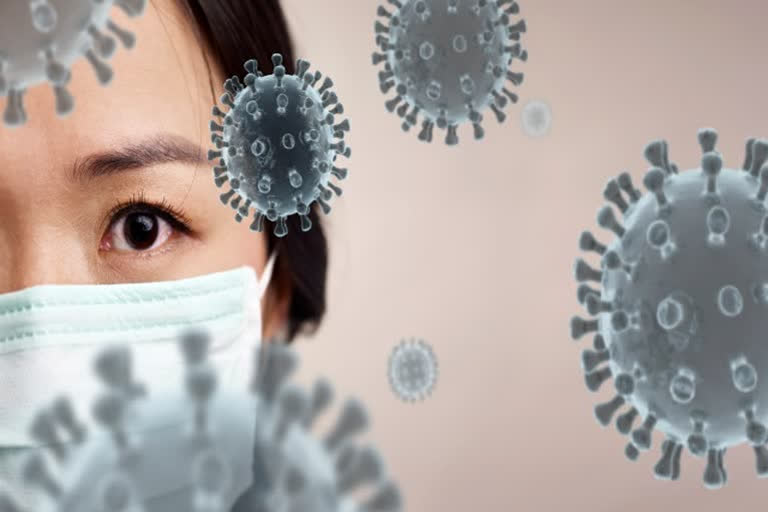Throughout the Covid-19 pandemic, there has been much uncertainty about how long immunity lasts after someone who is unvaccinated is infected with SARS-CoV-2. "Re-infection can reasonably happen in three months or less," said lead author Jeffrey Townsend, Professor of Biostatistics at the Yale School of Public Health. "Therefore, those who have been naturally infected should get vaccinated. Previous infection alone can offer very little long-term protection against subsequent infections," Townsend added.
The team analyzed known re-infection and immunological data from the close viral relatives of SARS-CoV-2 that cause "common colds" -- along with immunological data from SARS-CoV-1 and Middle East Respiratory Syndrome. Leveraging evolutionary principles, the team was able to model the risk of Covid-19 re-infection over time.
Re-infections can and have happened, even shortly after recovery. And they will become increasingly common as immunity wanes and new SARS-CoV-2 variants arise.
"We tend to think about immunity as being immune or not immune. Our study cautions that we instead should be more focused on the risk of re-infection through time," said Alex Dornburg, Assistant Professor of bioinformatics and genomics at the University of North Carolina at Charlotte.
"As new variants arise, previous immune responses become less effective at combating the virus. Those who were naturally infected early in the pandemic are increasingly likely to become re-infected in the near future,"he added.
The team's data-driven model reveals striking similarities to the re-infection risks over time between SARS-CoV-2 and endemic coronaviruses.
"Just like common colds, from one year to the next you may get re-infected with the same virus. The difference is that, during its emergence in this pandemic, Covid-19 has proven to be much more deadly," Townsend said.
"Due to the ability of SARS-CoV-2 to evolve and re-infect, it, too, is likely to transition from pandemic to an endemic disease," added Dornburg.
(IANS)
Also Read: Can Blood Thinners Help COVID-19 Patients?



